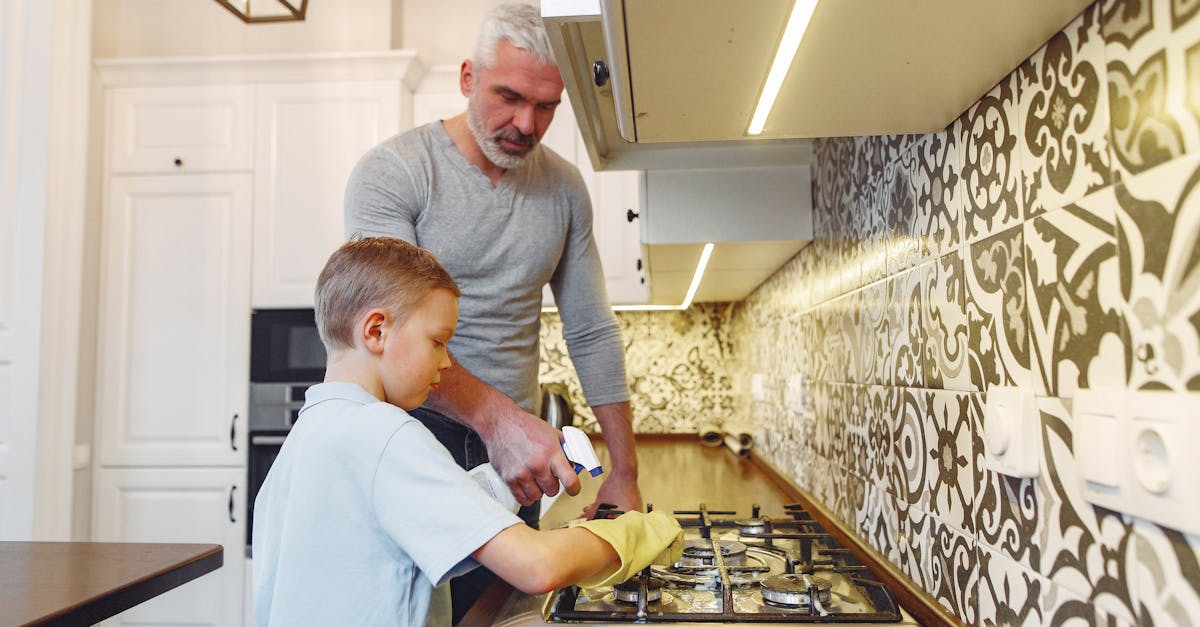Understand Your Toddler’s Grief
When a pet passes away, toddlers may not fully understand the concept of death. They might ask questions or show they’re upset in unusual ways. Explain to them that their pet isn’t coming back and it’s okay to feel sad. Sharing your emotions helps normalize their grief and lets them know they’re not alone.
Reference

Keep the Conversation Simple
Simplify your language when talking with your toddler about pet loss. Avoid using euphemisms that might confuse them, like saying the pet ‘went to sleep.’ Be direct and honest to foster a clear understanding. Phrases like ‘Our pet has died and won’t be with us anymore‘ can help. This honesty builds trust and eases anxiety.

Create a Tribute for Your Pet
Crafting a tribute can help your child process the loss. Inspire them to draw pictures, share favorite memories, or even create a small memorial. This gives them a way to express their feelings and keeps the memory of the pet alive. Engaging in such rituals also opens up conversations about emotions and healing.

Offer Comfort Through Routine
Maintaining everyday routines provides a sense of security and normalcy for your toddler. Stick to regular meal times, bedtime routines, and play sessions. This stability helps them feel safe despite the emotional upheaval. It’s important to balance structure with empathy during this challenging period.

Watch for Emotional Signals
Be alert to signs your toddler might be struggling more than usual. They could become clingy, have trouble sleeping, or display changes in appetite. Engage them with patience, offering hugs and words of reassurance. If these behaviors persist or worsen, consider seeking advice from a child therapist.

Encourage Healing Activities
Encourage activities that promote emotional expression and healing. Reading books about pet loss, engaging in creative play, and spending time outdoors can be therapeutic. These activities offer avenues for your child to move through their sadness and eventually find comfort. Your involvement in these activities shows your support and understanding.

Remember: Supporting your child through challenging times is essential for their emotional well-being.
